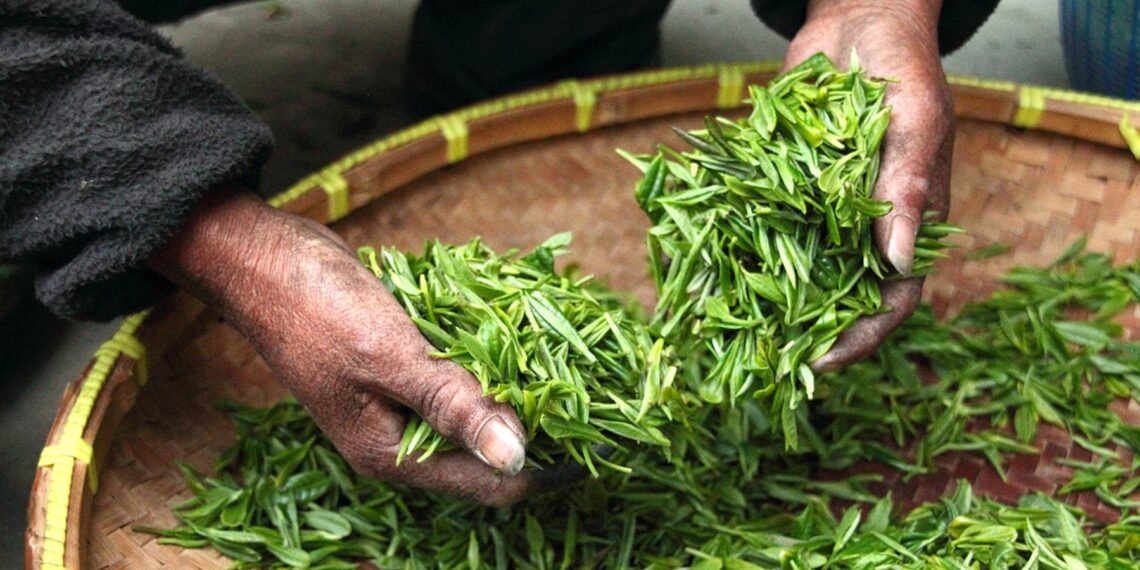Guwahati: North Eastern Tea Association (NETA) Chairman Ajay Dhandharia proposed promoting domestic tea consumption, citing a recent study that revealed the per capita consumption of tea in India is low compared to other countries.
His goal, he stated, is to raise the national per capita consumption to 1 kilogram, which would address several ongoing issues in the industry.
Addressing a distinguished gathering at the Chairman’s Dinner held in Golaghat, Assam, Dhandharia highlighted NETA’s 44 years of service to the tea industry, noting the organisation’s growth from 11 member estates in 1981 to over 179 members today, representing approximately 20% of Assam’s annual tea production.
Dhandharia acknowledged the contributions of Assam’s tea industry and spoke about the challenges the sector faces, emphasising the need for practical solutions.
Dhandharia also called for the tea industry to focus on attracting younger generations by promoting tea as a healthy and lifestyle beverage.
He further discussed the current debate within the industry regarding early closure of tea production and the mandatory routing of 100% dust grades through public auctions.
Dhandharia emphasised that while the auction system has its merits, tea producers should retain the freedom to choose their preferred method of selling their product.
He also pointed out that price fluctuations due to crop shortages and increased imports from other countries have created uncertainty for producers.
Another key issue raised was the growing resistance of pests to traditional pesticides, specifically the tea mosquito bug.
Dhandharia stressed the importance of introducing new, effective chemicals into the Plant Protection Code to combat this challenge.
He also highlighted the ongoing campaign to improve the quality of green leaves by encouraging the use of mechanical harvesting machines, especially among small tea growers, to overcome labor shortages and ensure better quality.
ALSO READ: Tripura Police seize narcotics worth Rs 30 crore in latest drug bust
Dhandharia also spoke about the adoption of solar energy within the tea industry, noting the potential for long-term cost savings.
He called on the Assam government to amend its solar policy to make excess energy generated by solar plants more profitable for tea factories.
In conclusion, Dhandharia advocated for the recognition of tea as a healthy beverage, citing a study that found regular tea drinking could reduce the severity and death rates of COVID-19.
He urged the Indian government to promote tea as a wellness beverage and to support the industry’s efforts to gain global recognition for its health benefits.
Additionally, he called for stricter measures against misinformation about tea, especially from bloggers and influencers who spread negative publicity about the drink.















